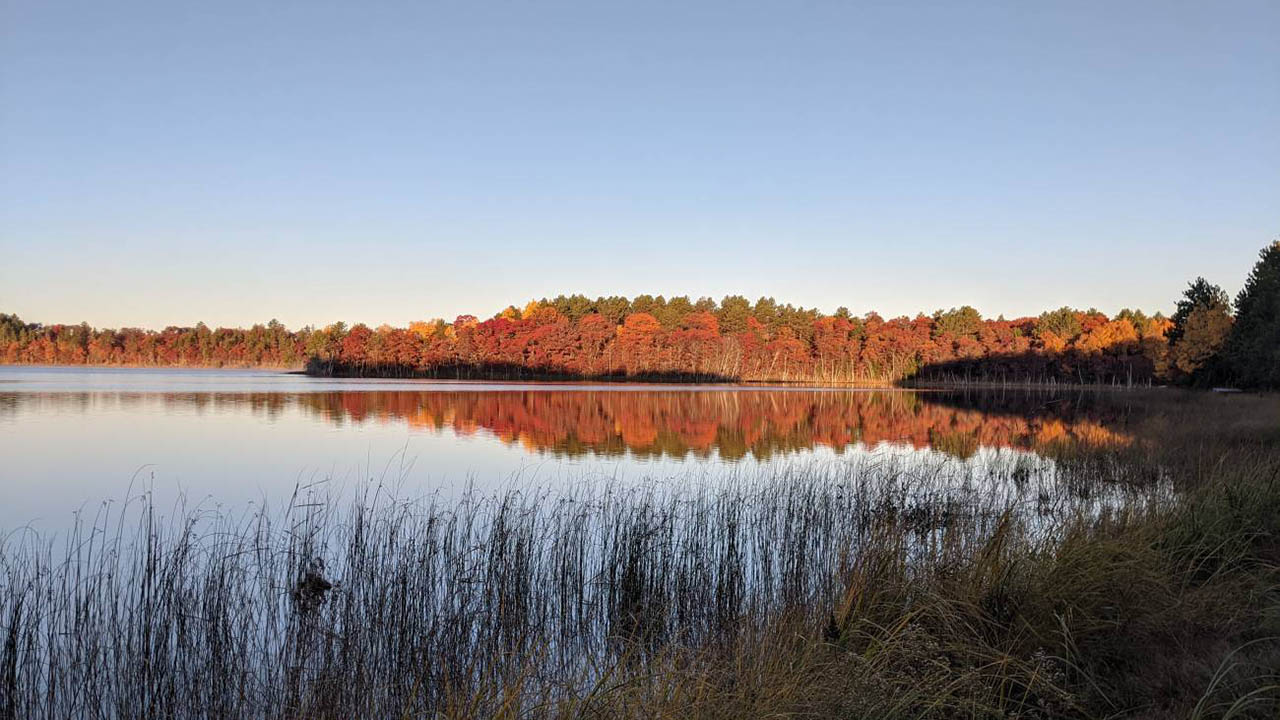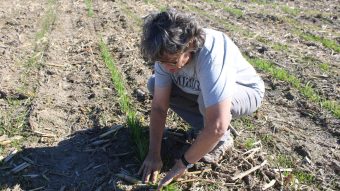
Aug. 17, 2021
A recent study shows that oxygen levels in temperate lakes around the world are declining rapidly, a trend largely driven by warming temperatures that threaten freshwater biodiversity and drinking water quality.
Rebecca North, assistant professor of limnology in the University of Missouri College of Agriculture, Food and Natural Resources (CAFNR), took part in a worldwide study, which used data from more than 400 lakes around the world, looking at oxygen levels. Of the 400 lakes studied, data from 30 reservoirs in the state of Missouri were used.
The issue of deoxygenation in lakes is not a new phenomenon. Researchers have been collecting this type of data for more than 30 years. When comparing Missouri reservoir data along with global data, researchers found that there is less oxygen than there used to be, particularly in the bottom waters.
“In lakes, oxygen is important if you want to breathe,” said North. “Obviously, it affects fish and invertebrates. They tend to live at the bottom of these lakes because they are cooler.”
By combining Missouri’s data with the worldwide perspective, North said it sends a stronger message about the importance of the research and its ability to impact change.
“It is important to continue funding these long-term monitoring programs, otherwise, we wouldn’t have long-term data. If we didn’t have this data, we wouldn’t have a place to look for change."
Data collected on Missouri lakes was done through an ongoing research project called SLAP, the State Lake Assessment Program. During the summer, MU sends undergraduate students to assess and collect data on lakes throughout the state. These students go to about eight lakes per day, using an instrument that continuously measures the temperature.
Read more from the College of Agriculture, Food and Natural Resources



